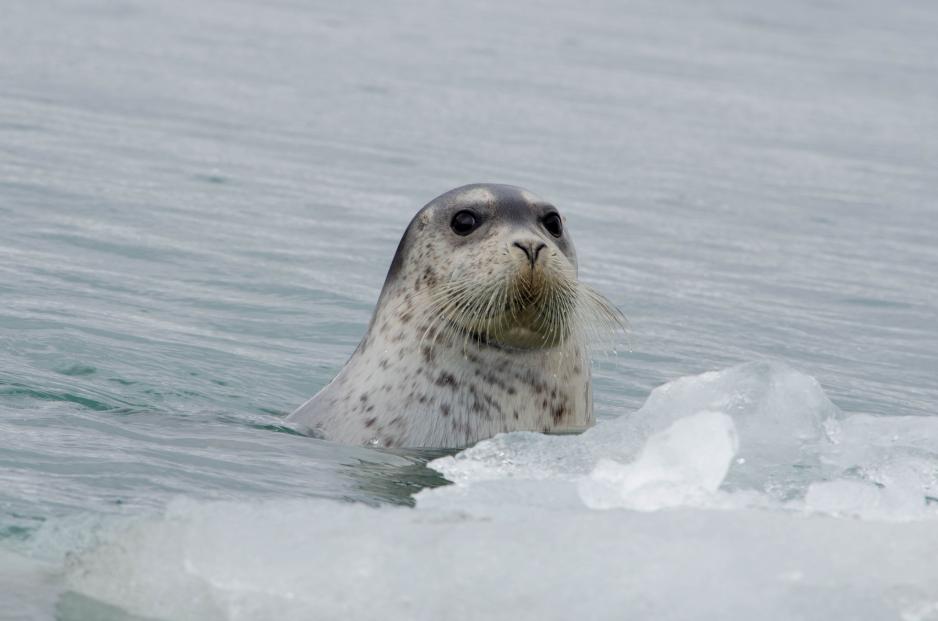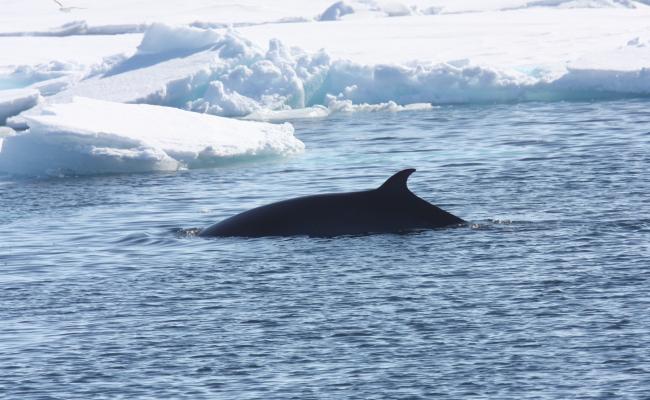Rosneft Launches Large-Scale Animal Research in Arctic

Rosneft Launches Large-Scale Animal Research in Arctic.
Rosneft Oil Company has launched the implementation of a programme to assess the sustainability of the Arctic ecosystems based on research on key Arctic animal species in the Russian Federation.
In a press release, Rosneft Oil Company communicates that by 2023, Rosneft will conduct eight expeditions to the Laptev, Barents and Kara Seas.
“The Company's strategy is aimed at the utmost respect for the environment and the issue of biological diversity preservation,” Rosneft spokesman Mikhail Leontyev said during an online presentation of the programme.
The scale of the upcoming research will be historical for the region. No studies of such magnitude has been done in the Arctic before.
Rosneft implements a programme for the biological diversity preservation to ensure safe development of the Arctic and preserve its unique ecosystems. The programme includes studies of marine ecosystems and observation of animal species that are indicators of the Arctic ecosystem. The programme also includes scientifically based assessment of the sensitivity of the territory and habitats and development of guidelines on how to organize ecosystem condition monitoring.
The programme continued large-scale studies of polar bears, walruses and reindeers, carried out by Rosneft Oil Company in 2014-2018, which resulted in the collection and systematization of unique scientific material on the current state of animals living in the Arctic. The study of these animals allows us to evaluate the state of ecosystems in general.
The Company's strategy is aimed at the utmost respect for the environment and the issue of biological diversity preservation.
The leading scientists of major Russian research centers such as A.N. Severtsov Institute of Ecology and Evolution and Arctic and Antarctic Research Institute and Siberian Federal University will take part in this expedition.
More than 170 hours of aviation research including using unmanned aerial vehicles are planned under the expedition. Aerial survey will be conducted in an area of over 500 thousand square kilometers.
During over 200 days of field observations, more than 100 animals and birds will be tagged; more than 1 000 biological samples has been chosen for subsequent laboratory tests. After field observations analysis of obtained materials will be held in ten laboratories of the country, including regional ones. Conducting of several thousand tests are planned.
As a responsible producer and participant of the global energy market, Rosneft is committed to the rational development of natural resources and implements large-scale projects in oil and gas production, modernization of production and refining facilities to reduce its environmental impact and production of modern, environmentally friendly fuels.
Within the framework of the Rosneft 2022 Strategy, the Company aims to enter the first quartile in Health, Safety & Environment area, as well as to implement initiatives to develop human resources and contribute to the integrated socio-economic development of the regions of the Company's operation.


